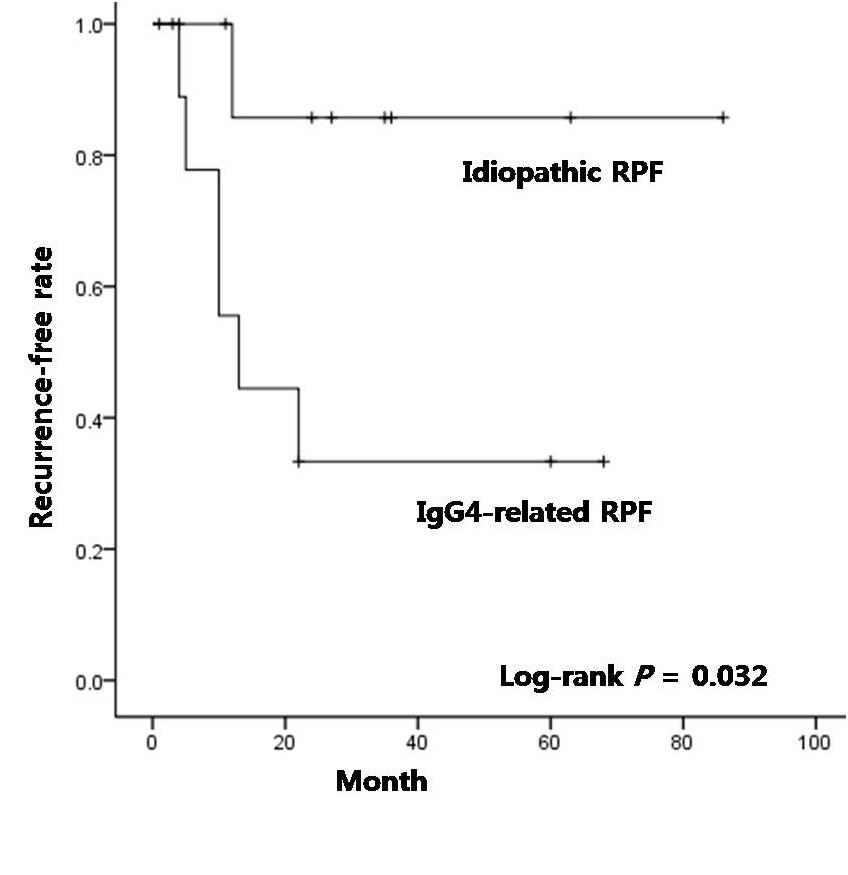Session Information
Session Type: Abstract Submissions (ACR)
Disclosure:
B. S. Koo,
None;
B. Yoo,
None;
C. K. Lee,
None;
Y. G. Kim,
None;
Y. J. Kim,
None;
S. Hong,
None;
W. J. Seo,
None;
K. J. Ahn,
None.
« Back to 2013 ACR/ARHP Annual Meeting
ACR Meeting Abstracts - https://acrabstracts.org/abstract/the-comparison-between-igg4-related-retroperitoneal-fibrosis-and-idiopathic-retroperitoneal-fibrosis/

